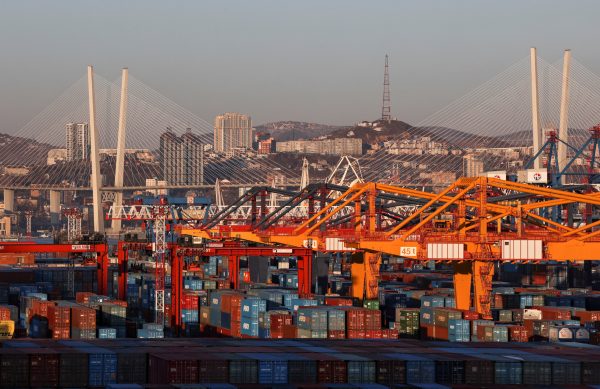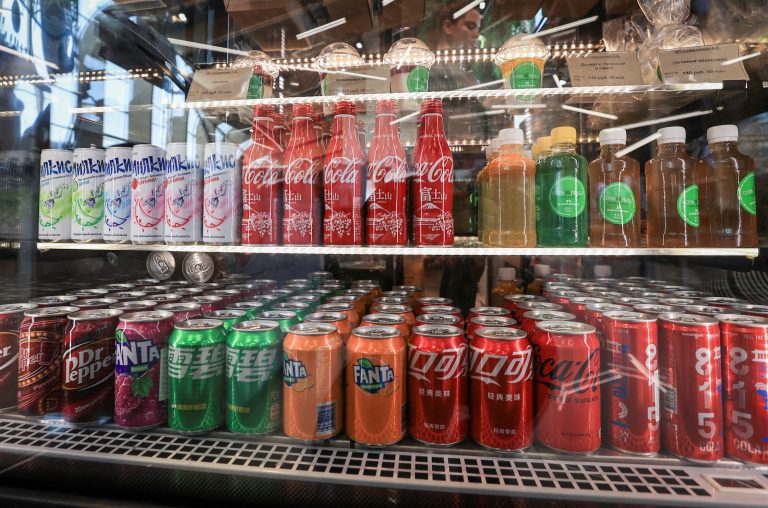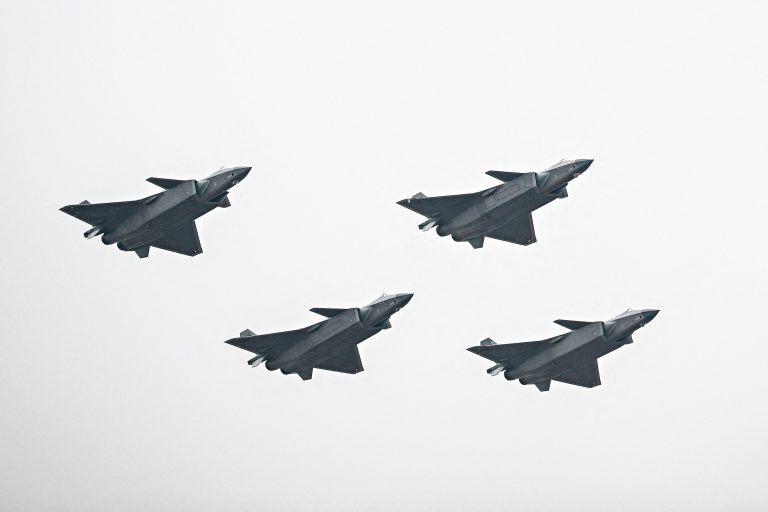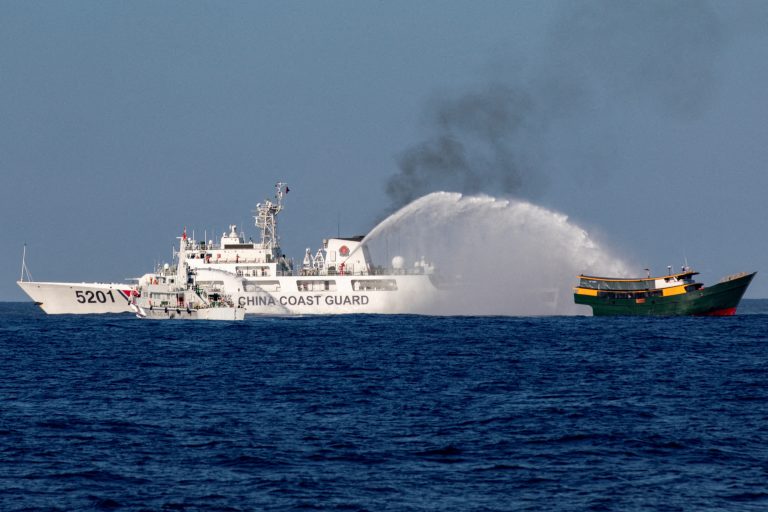Although some goods may take longer to arrive at a higher price resulting from businesses leaving Russia due to their actions in Ukraine, the impact on Russian consumers is minimal, Reuters reports.
Coca-Cola trucks cross the border into Russia. Travelers bring back the newest Zara fashions, and regional online markets gobble up IKEA furniture stock. Although some Western brands have left the country, their products have not.
These cross-border flows are legal, and the vast majority of the goods in question are not subject to sanctions; it’s just that the supply routes have changed.
Both online and offline retailers continue to offer the products. Just knowing where to find them will do for buyers. Regardless of the path they take, Moscow is happy to welcome them.
Internet trade
With the drying up of the supply chains, Russia loosened its restrictions on so-called parallel imports, which means resellers may import goods from abroad without the trademark owner’s consent.
Success
You are now signed up for our newsletter
Success
Check your email to complete sign up
E-commerce sites such as market leader Wildberries sell a wide range of imported goods. Wildberries boasts an almost 17,000 goods supply on its online Zara catalog, mainly obtained from former Inditex brands’ stocks.

A general view shows a commercial port in Vladivostok, Russia, on February 15, 2023. (Image: Tatiana Meel/REUTERS)
According to Reuters, a source close to Inditex said these were clearance stocks that were already in Russia when Identex decided to halt its activities there.
One omnipresent western product Wildberries and its competitors Ozon and Yandex Market sell is Coca-Cola, often labeled as imported, so customers know it is the real deal.
And while Coca-Cola Company stopped producing and selling drinks in Russia last year, the influx of their beverages has been equally thriving through import, with bottles and cans, often labeled, giving away their origin as coming from Europe, Kazakhstan, Uzbekistan, or China.
On the downside of these arrangements, however, is the fact that prices may vary greatly depending on how they reach Russia. For instance, in one Moscow supermarket, three cans of Coca-Cola imported from Denmark, Poland, and Britain were on sale at three different prices.
Turning a blind eye
Ram Ben Tzion, CEO of digital vetting platform Publican, believes the new trade routes and the supplementary costs for logistics, shipping, and scaling will also diminish in the long run despite the inconveniencies.
“The parallel importing mechanisms have been consolidated and expanded, meaning that pretty much everything is accessible and still will be in the future,” Ben Tzion said, pointing to border truck queues and new entities springing up in nearby states.
“Coca-Cola can easily notice the ‘surge in demand’ from countries neighboring Russia, where most parallel imports come from,” Ben Tzion said. “It is not in their interest to do anything about it.”
Countries deemed “friendly” by the Kremlin, such as China and Turkey, who were not imposing sanctions, have ramped up exports to Russia, their trade data shows.
China-Russia trade hit a record 1.28 trillion yuan ($186 billion) last year, while Turkey’s exports to Russia jumped 61.8 percent to $9.34 billion, and Kazakhstan’s rose 25.1 percent to $8.78 billion.
Knock-offs
Some brands have been fighting copies and illegal imports for years. In the meantime, Coca-Cola’s competitors in Russia have expanded their capacity for bottling and, meanwhile, have introduced fresh Cola products.
When IKEA left Russia, it sold its stock to Yandex Market, the e-commerce arm of tech giant Yandex. Inter IKEA Group, the owner of the IKEA brand, claimed to have downsized IKEA Retail Russia and sold the remaining stock to Yandex for an undisclosed sum.
READ MORE
- The EU Just Cut Russia’s Largest Bank Out of SWIFT
- McDonald’s Under Pressure to Follow Trend of Canceling Russia
- United Nations Warns of ‘Hellstorm on Earth’ Amidst Compounding Crises Driving Global Food Scarcity
- US-funded Ukraine Biolab Scandal at the Forefront in Deadly Brinkmanship With Russia
According to Yandex Market, this puts suppliers who previously sold products through IKEA stores close to customers.
Also, former suppliers have made it a habit to sell slightly modified IKEA items under different names. One such vendor advertised a bedding set as “ARUA,” which is analog to the IKEA “BERGPALM” series.
However resourceful the attempts of Russian producers to replace the market for western luxury goods with homemade alternatives may be, the fixation with Western brands may hinder efforts to boost local production.
“Over time, market forces will continue to drive the products Russians are used to into the market, and while there is an aspiration to move to ‘Made in Russia,’ it will be very difficult to actually get people hooked up on Russian coke,” Ben Tzion said.
Reuters contributed to this report.















